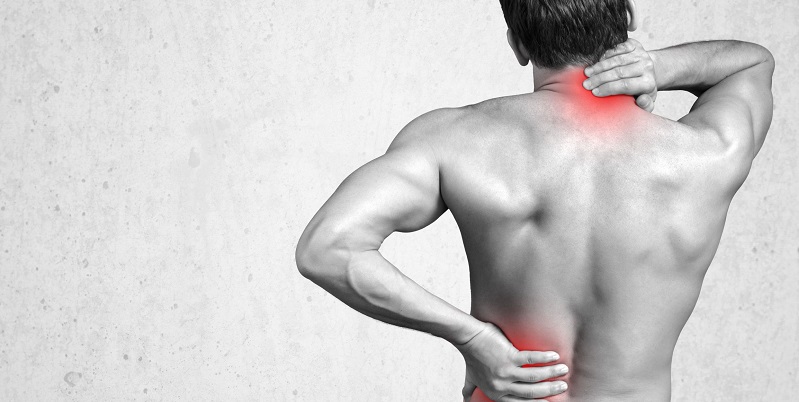5 Common Signs of Spinal Stenosis
Category: Spine Pain | Author: Stefano Sinicropi

Spine stenosis is a condition categorized by the narrowing of your spinal canal. Since this canal is home to a number of vital nerves and the spinal cord, the narrowing of this space can result in pain or other problematic symptoms. Like most conditions, spinal stenosis is best treated when caught at an earlier stage, so it pays to know the warning signs. Today, we share five common signs that suggest that your pain and discomfort may be caused by the onset of spinal stenosis.
Different Positions Cause the Pain to Get Worse or Resolve
Since your spinal canal may be narrowing in different areas or putting pressure on a variety of nerves, most people will notice a change in symptoms if they alter their position slightly. If small changes in your posture cause pain symptoms to vary, you may be dealing with spinal stenosis.
Radiating Pain Or Numbness/Tingling
Compression of some spinal nerves can result in numbness in your back, shoulders, buttock or extremities. Spinal cord and nerve compression as a result of stenosis can mimic the symptoms of sciatica, so it is important to have a doctor get to the true cause of your pain.
Pain Goes In Waves
Not all positions will cause pain, so you’ll probably have good hours or days and bad hours and days. If pain seems to come and go cyclically or in waves, spinal stenosis may be the underlying cause.
Rest Leads To Relief
If getting off your feet and laying down helps provide relief, there’s a good chance that spinal stenosis may be to blame. However, this is problematic because the best way to combat spinal stenosis is through targeted physical therapy and exercise or strength training, so finding relief doesn’t help solve the root problem.
Changes Your Ability To Walk Normally
Finally, if you have noticed that your spine pain has made it difficult or downright impossible for you to walk normally, you may be dealing with spinal cord or nerve compression. Gait changes are also a sign of spinal disc issues, so it’s not a guarantee that your spine pain is caused by stenosis. Again, the best thing to do at this point is to visit an expert who can diagnose the underlying cause and get you set up with a comprehensive treatment plan.
Spinal stenosis is a condition that is only going to get worse if left untreated, so don’t ignore the pain. If you want someone to take a closer look at your spine and walk you through some treatment options, look no further than Dr. Stefano Sinicropi. Get in contact with his office today.